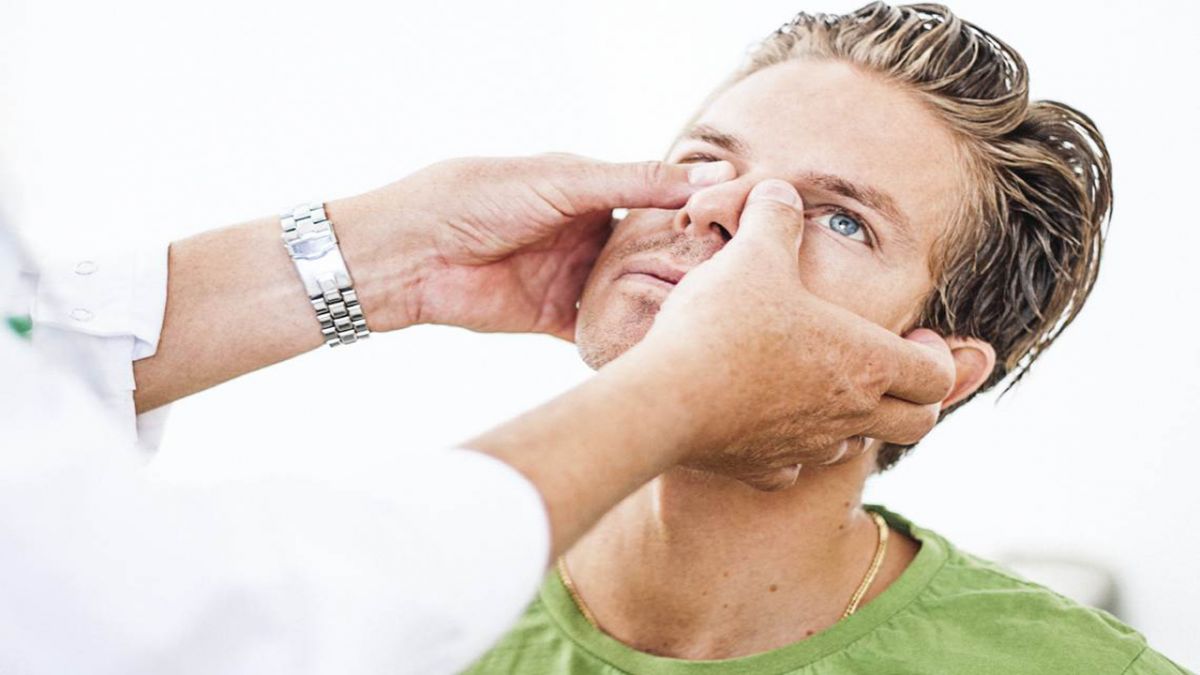Advertisement
Severe nosebleeds can lead to significant health risks. When the volume of blood loss reaches a certain level, it can cause anemia. If there is a large amount of blood loss within a short period, it can result in hypovolemic shock, which is a common clinical situation. When blood loss exceeds 800 milliliters, patients may experience symptoms such as palpitations, sweating, cold extremities, and dizziness. Immediate emergency treatment is necessary for such patients to prevent more severe consequences. The management of hypovolemic shock involves timely blood replacement, maintaining blood volume, and other urgent measures.

The causes of nosebleeds are diverse, including both local and systemic factors. Local factors such as dry nasal passages, chronic rhinitis, nasal injuries, or excessive nose picking are common, while systemic factors include high blood pressure, blood disorders, and clotting dysfunctions. Patients with high blood pressure are particularly prone to nosebleeds, making blood pressure control crucial for prevention. Blood disorders like hemophilia and leukemia also increase the risk of bleeding and require specialized medical management.

For individuals without systemic diseases, preventing nosebleeds involves maintaining clean and humid air in their environment. In particular, during winter when heating is frequently used, residents in northern regions should consider using a humidifier to maintain appropriate humidity levels. Dry air can lead to cracking of the nasal mucosa, increasing the risk of nosebleeds, especially in children and the elderly. Additionally, maintaining nasal hygiene is important for preventing nosebleeds; avoid picking the nose, regularly clean the nasal passages, and avoid using irritating medications.

Local inflammation such as chronic rhinitis and sinusitis should also be treated promptly. Inflammation can damage the nasal mucosa, increasing the likelihood of bleeding. Using medications for local treatment, such as nasal sprays, can alleviate inflammation and prevent further damage to the mucosa. Furthermore, actively managing other underlying health issues is crucial. For example, chronic diseases like diabetes and high cholesterol need to be well-controlled to reduce vascular damage and lower bleeding risks.
Maintaining good lifestyle habits also helps in preventing nosebleeds. A balanced diet, regular exercise, and adequate sleep can enhance overall health, improve resistance, and reduce the occurrence of diseases. Regular check-ups can help identify potential health problems early and take appropriate measures to intervene, further reducing the risk of nosebleeds.
Advertisement




